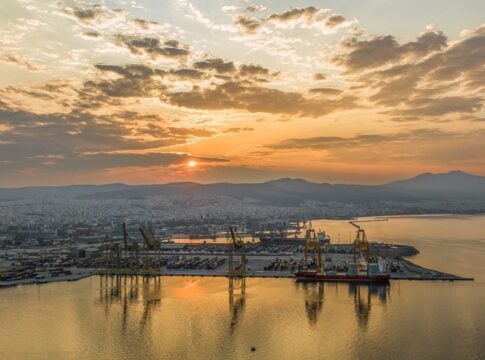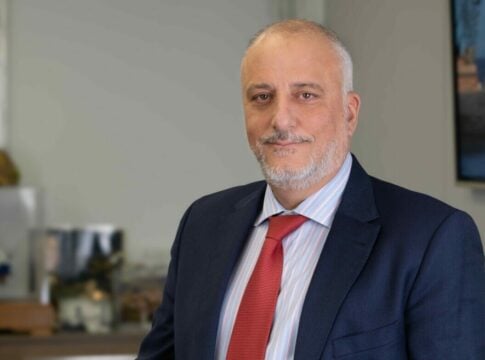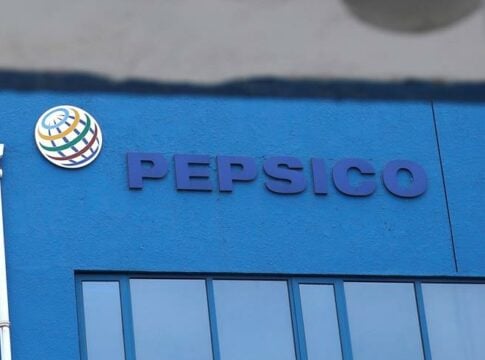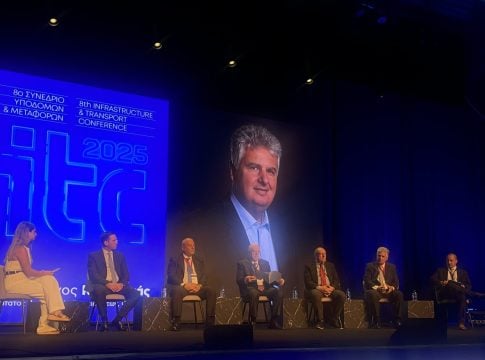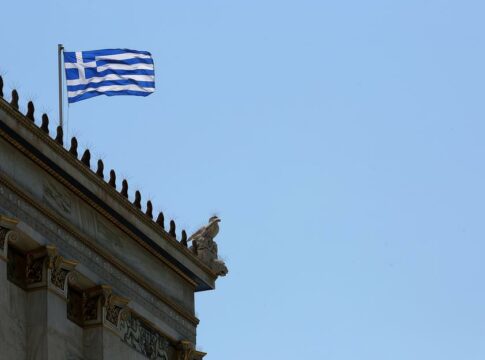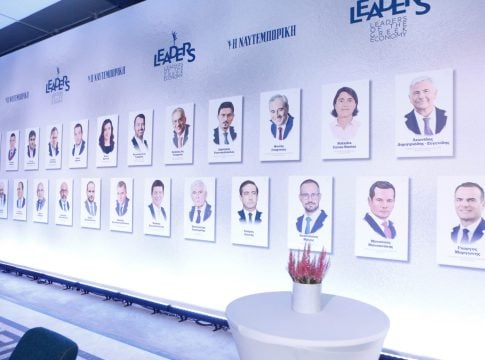The CEO of the National Bank of Greece, Pavlos Mylonas, highlighted the bank’s initiatives to support the energy transformation of the economy, as well as the challenges in financing energy projects, during his speech at the 10th conference of the Hellenic Association for Energy Economics (HAEE).
Mylonas pointed out that energy projects have absorbed a large number of funds from Greek banks over the last years compared to other sectors. However, today, financing RES projects has become more difficult.
He emphasized that Renewable Energy Sources (RES) from “supplementary” energy are moving closer to basic feeders, and as a result the inherently unstable nature of solar and wind energy creates variability in energy supply.
Mylonas also noted the inadequacy of energy storage infrastructure (0.7 GW of installed storage capacity against a target of 6.3 GW by 2030) as well as the limited cross-border connections, explaining that Greece can import up to 4.5% of the cumulative production of its neighboring areas, against a European “security” target of 15% for 2030.
Uncertain cash flows imply more difficult financing, Mylonas emphasized, and therefore make it imperative to proceed with:
- investments in the network
- investments in energy storage and the introduction of a “payment for capacity availability” mechanism
- adjustment to the price mechanism (Contracts for Difference (CfDs) and greater use of Private Power Purchase Agreements (PPAs)






